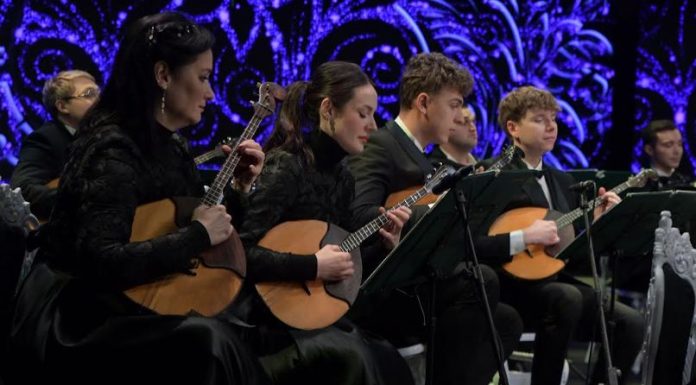By: Zahra Ali
The world, as we know, is progressing at lightning speed, yet, civil rights and social action remain two foundational pillars that deserve renewed commitment and revitalized action. People around the world take pride themselves on advancements in technology, science, and economic models, but the trajectory of human rights remains disturbingly erratic. Civil rights are not just about legal protection—they are about ensuring that everyone can live with dignity, regardless of race, religion, gender, or socioeconomic status. And social action is the bridge that transforms these ideals into lived realities.
Many amongst us face daily discrimination based on aspects beyond their control. Gender disparity, racial profiling, and systemic discrimination are still alive, often hiding in plain sight under the facade of modernity. Headlines on the news channels today echo similar struggles from the past: police brutality, gender violence, xenophobia, and disenfranchisement. These issues emphasize the need for a collective societal conscience that upholds not just the letter of the law but the spirit of justice.
Social action, in this context, demands more than isolated acts of charity or digital-advocacy; it calls for structural reform. Governments, institutions, and communities must prioritize policy changes that dismantle systemic biases, reimagine justice systems, and ensure that the marginalized find a voice in the spaces where decisions are made. Moreover, educational reforms play an essential role. Schools must integrate civics and social ethics, making civil rights not just a legal construct but a lived and cherished social value.
Activism, when propelled by informed youth, emboldened communities, and aware citizens, is what translates into enduring social change. Grassroots movements remind us of the power of collective action, and the stories of those who have fought tirelessly for justice continue to inspire. Yet, the fight for civil rights requires global solidarity because discrimination in one part of the world reflects the shared human experience everywhere. Recognizing this interconnectedness, we have an obligation to challenge oppression in all its forms, even when it is inconvenient or uncomfortable.
The struggle for civil rights is neither a relic of the past nor a task that has been completed. It is a living, evolving mission that each generation inherits. To honor the work of those who came before us and protect the freedoms of future generations, we must stay vigilant and remain committed to pushing forward. If history has taught us anything, it is that no right is guaranteed without action, and no freedom is preserved without courage. We must rekindle the spirit of justice within ourselves, for only in unity and shared purpose can we truly secure civil rights for all.












